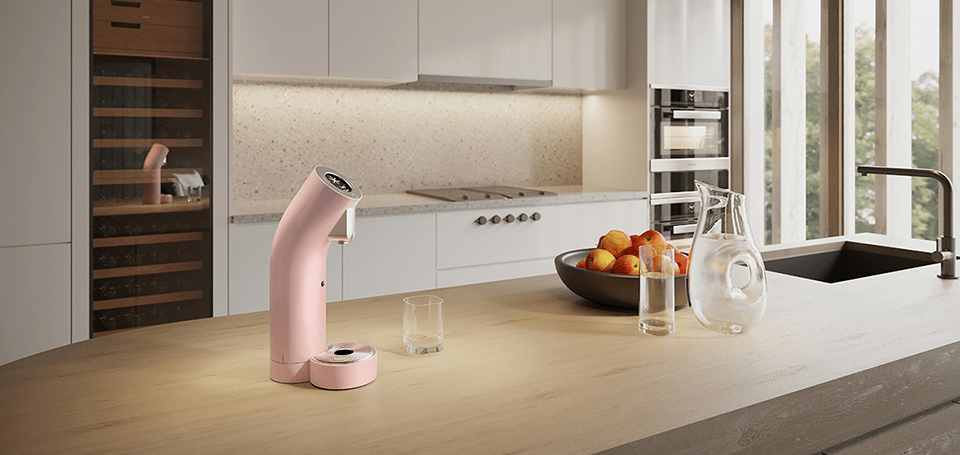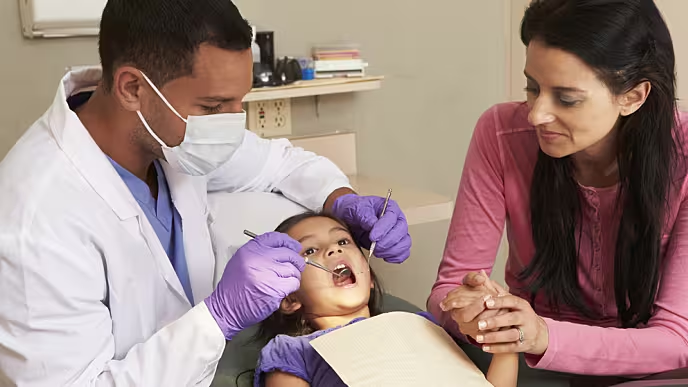If one had red or skin-colored lumps that emerged quickly, it’s doubtful that one had common bug bites. Urticaria, also known as hives, could cause a skin rash; the itching from these hives can range from minor to severe. Urticaria affects around 20% of the population at some point in their lives. Scratching, consumption of alcohol, exercise, and psychological pressure can all aggravate the condition.
Based on references from the expert dermatologist Dr. Nivedita Dadu, this blog will address the causes of urticaria and the top treatments for treating it efficiently. The doctor is the founder of Skinology Clinic, a renowned skin clinic providing effective Urticaria Treatment In Delhi. Continue reading to gain insights.
Causes of Urticaria
Depending on the duration of the hives, urticaria is characterized as acute or chronic. Acute urticaria usually lasts up to 6 weeks; however, chronic urticaria may last over 6 weeks.
- Acute Urticaria– Allergic responses to food, medicine, cosmetics, or soap, infections, insect bites or stings, environmental pollution, latex, severe temperatures, emotional stress, and exercise are the most prevalent causes of acute urticaria.
- Chronic Urticaria– The etiology of chronic urticaria is frequently difficult; the cause is hard to determine. In some situations, it might be connected to immune system problems or diseases such as hepatitis.
Factors Triggering Hives or Urticaria
Varied factors or substances can trigger urticaria or hives, or they can result from other conditions. Some of them are listed below:
- Stress
- Allergy to certain food products
- Allergies from animal dander or pollens
- Autoimmune disease
- Bacterial, fungal, or viral infection
- An extreme change in temperature
- Hormonal fluctuations like thyroid
- Allergic reactions to certain plants/animals can lead to hives
How are Hives Diagnosed?
By examining the skin, the doctor can identify hives and angioedema. Allergy testing can assist in identifying what is causing a reaction. However, this is mostly true for acute hives. Knowing the cause can assist one in avoiding allergens and the hives accompanying them. The following allergy tests can be used to identify hives:
- Skin Examinations: During this test, the doctor will apply various allergens to the patient’s skin. If the skin becomes red or swollen, one is allergic to that substance. A skin prick or scratch test is another name for this allergy test. Skin testing is rarely performed for chronic hives.
- Blood Test: A blood test looks for specific antibodies in the blood. To combat allergies, the body produces antibodies. Hives and swelling might occur if the body produces too many antibodies.
Top Treatments for Treating Urticaria
Urticaria can be confused with other skin disorders that have a similar appearance. Conversely, a dermatologist can help identify and diagnose the condition based on the symptoms, medical history, and skin examination. Moreover, after confirmation of urticaria, the skin expert will suggest a suitable treatment. Some of the best treatments available to treat Urticaria are as follows-
-
Anti-Histamines
These medications are often used as the first-line treatment for urticaria. They work by preventing the production of histamine, a substance that causes the allergic reaction that results in hives. Over-the-counter and prescription antihistamines are available, and the doctor can advise which one is best for them.
-
Identify and Avoid Triggers
Recognizing and avoiding triggers that cause or intensify the hives can help minimize symptoms. It might include bug bites, pollen, pet dander, stress, and temperature fluctuations. Thus, keeping a note of the symptoms and activities may aid in the identification of potential triggers.
-
Cold Compresses
Cold compresses or ice packs applied to the affected areas might help relieve irritation and reduce inflammation.
-
Anti-Inflammatory Medications
Corticosteroids are strong anti-inflammatory medications with anti-inflammatory agents that can treat severe or chronic urticaria. They function by inhibiting the immune system and lowering inflammation. Because of the potential negative effects of long-term use, corticosteroids are mainly utilized for short-term treatment only as directed by the doctor.
-
Dietary Recommendations
Certain foods (such as nuts, shellfish, and dairy) and medications are all common causes of urticaria. Such products should be avoided.
-
Biologic Injection
Chronic urticaria is efficiently treated with a monoclonal antibody to IgE recombinant biologic molecules.
-
Soothing Creams and Moisturizers
Using gentle, fragrance-free moisturizers or calming lotions will help reduce urticaria’s dryness and irritation. Calamine lotion and aloe vera gel are frequently prescribed for their soothing effects.
When Should One Seek for Medical Help for Hives?
Hives can improve without treatment. However, if one develops any of the following symptoms, contact the doctor:
- Hives or swelling for more than a week
- Bumps that appear infected (red, bloated, or pus-filled)
- Hives that recur (they appear every several months)
- Severe itching that may keep one up at night
- Anaphylaxis symptoms include wheezing, shortness of breath, and vomiting
- Swollen lips or face
Considering the treatments mentioned above, which will suit one best will be suggested by the dermatologist after identifying the root cause of urticaria. So if one is looking for effective urticaria treatment, one can book a consultation at the Skinology Clinic with Dr. Nivedita Dadu, a renowned Skin Doctor In Delhi. The expert doctor is the Founder of this advanced skin clinic. The clinic is located in Delhi, with centres at Rajouri Garden (West Delhi) & Vasant Vihar (South Delhi). To avail the benefits, pay a visit to Skinlogics Clinic now!





